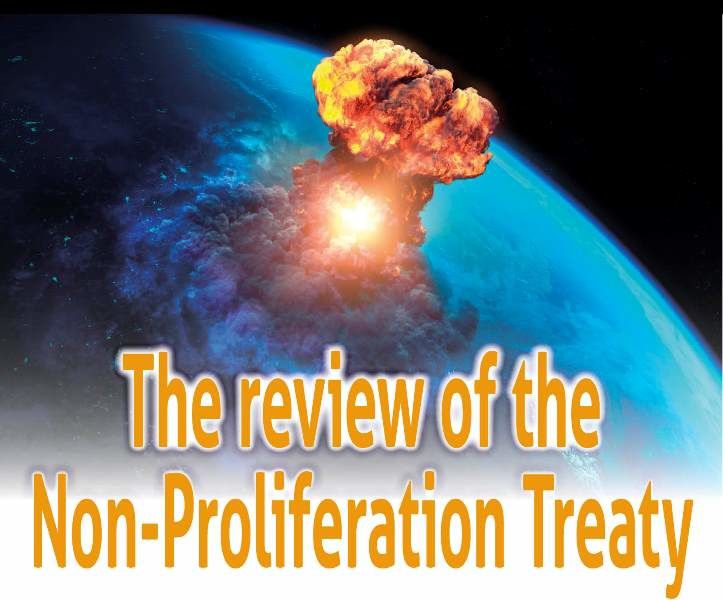14 septembre 2015
1
14
/09
/septembre
/2015
16:50
14-09-2015 - by SEDE
On 21 September the Subcommittee will exchange views on the EU role of the 2015 Non-Proliferation Treaty Review Conference with Jacek Bylica, Principal Adviser and Special Envoy for Non-Proliferation and Disarmament, EEAS.
10 septembre 2014
3
10
/09
/septembre
/2014
11:50
08.09.2014 EEAS
Non-proliferation experts came together in Brussels on 5 September for a third annual EU Non Proliferation and Disarmament Conference organized by the European Network of Independent non-proliferation think-tanks. The Consortium funded by the EU since 2010, now counts over 60 think-tanks across all Europe.
The Conference this year was opened by Director for Security and Conflict Prevention at the EU External Action Service (EEAS), Joelle Jenny, and covered, inter alia, topics such as the role of the EU in Iran Nuclear Negotiations, Cyber Security, Furthering the Goal of a WMD-Free Zone in the Middle East, Restraining Missile Proliferation; Proliferation Challenges in South Asia and Northeast Asia, Dual-Use Bio Technologies and BTWC Compliance, Bringing the ATT into Force, and Eliminating Chemical Weapons. Other key note speakers include OPCW Director-General Uzumcu and UN High Representative for Disarmament Affairs Angela Kane.
The conference brought together 280 participants from 57 Countries, 7 International and regional organizations (OPCW, CTBTO, ASEAN, EU, UN, NATO, ECOWAS), 79 think tanks/academic institutions from Europe, Asia (Japan, ROK, China, Singapore, India and Pakistan), North America, Africa (Cameroon & Egypt) and Russia.
Find out more
14 mars 2014
5
14
/03
/mars
/2014
13:50
States do not spread weapons of mass destruction – people do. It takes individual proliferators, collaborators, and the acquiescence of bystanders for sensitive materials to change hands illicitly. Yet, the rigid national and international means deployed to counter proliferation are juxtaposed with the limitless amounts of information people produce in our digitally connected world.
The internet enables over one-third of the global population to gather in virtual, transnational spaces. ‘Netizens’ generate and process knowledge on anything from Wikipedia and cooking recipes to disaster management and counter-terrorism. In various fields, policy makers increasingly appreciate open-source information technology as an asset to feed their decision-making.
However, the use of information and communication technology (ICT) to counter the proliferation of weapons of mass destruction (WMD) remains an underdeveloped notion – particularly in light of its potential promises. Drawing on lessons from other policy areas, it is advisable to contemplate the systematic mining of collective intelligence for information gathering and analysis purposes in countering the spread of WMD.
Download document







